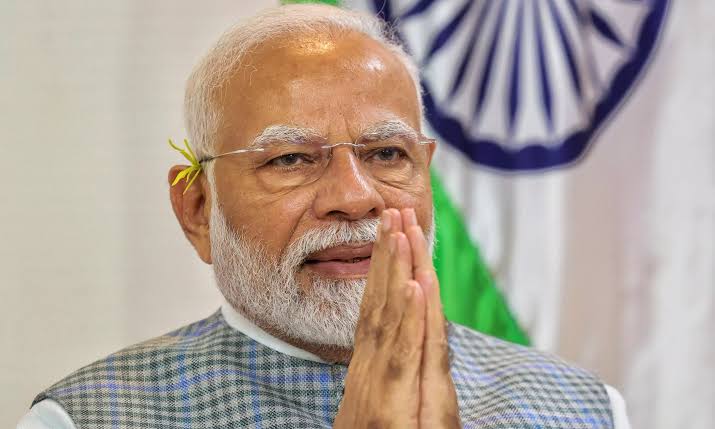In a landmark win, UK entrepreneurs Shivaun and Adam Raff have emerged victorious after a grueling 15-year battle against Google. The European Court of Justice recently upheld a record-breaking fine of £2.4 billion (around Rs 26,000 crore) for Google, citing anticompetitive practices that ultimately took down the Raffs’ price comparison website, Foundem. This triumph sends a powerful message to Big Tech on the consequences of monopolistic behavior.
Back in 2006, Shivaun and Adam noticed a sudden drop in Foundem’s visibility on Google’s search results for crucial terms like “price comparison” and “shopping.” Google’s automated spam filters had flagged Foundem, effectively burying it in search results and choking off traffic—and with it, potential revenue. “We were monitoring our pages, and they all plummeted almost immediately,” Adam told the BBC. At first, the Raffs assumed this was just an oversight, and Shivaun mentioned how they believed it would be overturned with the right contacts at Google.

However, after two years of appeals, Google remained silent, and Foundem’s rankings remained unaffected on other search engines while nearly vanishing on Google. As Shivaun put it, “everyone’s using Google,” and Foundem’s traffic suffered immensely.
A surprising incident in late 2008 further fueled their suspicions. After Foundem won the title of “Best Price Comparison Website in the UK” from Channel 5’s The Gadget Show, the site saw a surge in traffic, briefly causing it to slow down—a spike initially mistaken for a cyberattack. Despite reaching out to Google again, the Raffs found no resolution. “We said, surely it’s not benefiting your users to make it impossible for them to find us,” recalled Shivaun, but Google’s response was dismissive.
Realizing that their experience could be part of a larger issue, the couple filed complaints with regulatory bodies in the UK, US, and Brussels, prompting the European Commission (EC) to initiate an antitrust investigation in 2010. In 2017, the EC concluded that Google abused its dominance by favoring its shopping services over competitors, slapping Google with a £2.4 billion fine in a pivotal move against Big Tech.
Shivaun remembered how it felt when European competition commissioner Margrethe Vestager announced the decision. “We’ve both been brought up to believe we can make a difference, and we don’t like bullies,” she said.
Despite Google’s appeals, which stretched another seven years, the European Court of Justice upheld the fine in September 2024, affirming the decision made years earlier. A Google spokesperson, meanwhile, said, “The CJEU judgment only relates to how we showed product results from 2008-2017. The changes we made in 2017 to comply with the European Commission’s Shopping decision have worked successfully for more than seven years, generating billions of clicks for over 800 comparison shopping services.”
The Raffs’ journey isn’t over yet. They have a civil damages case against Google scheduled for trial in 2026. Even though Foundem shut down in 2016, Shivaun and Adam are unwavering. “If we had known it was going to take this long, we might not have made the same choice,” Adam admitted, reflecting on the rollercoaster journey that ultimately spotlighted the need for checks on Big Tech.




